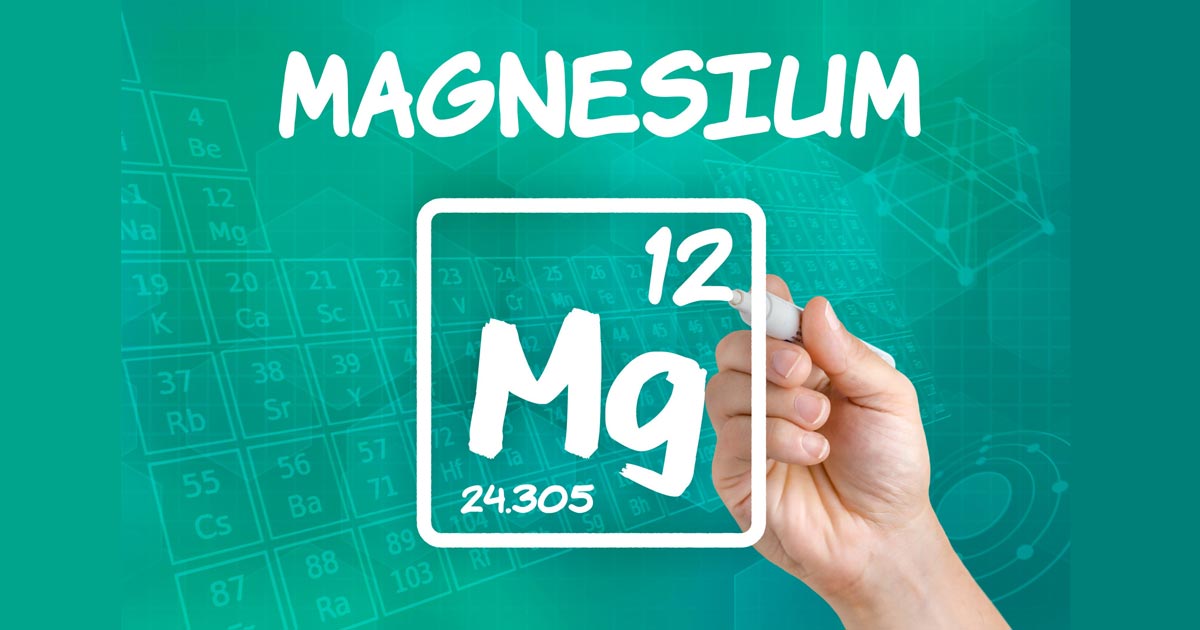Magnesium – why is it important and how does it affect me?
Magnesium is a mineral found in your bones, soft tissues (muscles, ligaments, fascia, etc) and fluids such as blood. In fact, it is the fourth most abundant mineral in the human body.
This little mineral plays a dynamic and important role in our overall body function and health, and even if you have a healthy diet, you may not be getting enough of it. Magnesium content in fruit and vegetables over the last 60 years has decreased by 20-30% due to the reduction in essential minerals in our soils used for agriculture. Similarly, the western diet contains more refined grain and processed food, and during this food processing 80-90% of magnesium is lost.
Why is it important? It functions in a variety of ways:
Energy creation:
It assists food to be converted into energy and it also helps move sugar filled blood into your muscles. This mineral also supports disposing of chemicals such as lactic acid out of the muscles, which can build up during exercise and cause pain, and may lead to muscle cramps and other dysfunction.
Muscle functionality:
With the help of calcium, magnesium is necessary for muscle contraction and relaxation during muscle activation. Without this essential relaxation phase of the muscle it can lead to an increased risk of muscle spasm (cramping).
Nervous system function:
This involves the brain itself, where magnesium helps regulate neurotransmitters, (the chemical that allows communication between nerves, allowing our body to communicate), therefore having a critical part in brain function and mood; this leads to the idea that magnesium may help reduce the symptoms of depression.
It has also been demonstrated to reduce blood pressure, have benefits against fighting Type 2 Diabetes, anti-inflammatory effects, reduce migraines and improve Premenstrual syndrome (PMS). The daily recommendation for magnesium for men is 400-420mg, and for women it is 310-360mg.
The following is a list of excellent food sources of magnesium:
- Pumpkin seeds
- Spinach, broccoli and kale
- Dark chocolate
- Quinoa
- Almonds, cashews, brail nuts
- Avocado
- Salmon
- Banana
Various studies have shown that supplementing with magnesium can boost exercise performance for athletes, the elderly and individuals with chronic disease.
Speak to one of our friendly osteopaths or your health care practitioner if you are wondering if magnesium supplementation may benefit you. They can advise you on the best brands of magnesium to get a good quality, “activated” version that your body can easily absorb from your gut.
References:
de Baaij J, Hoenderop J, Bindels R. Magnesium in Man: Implications for Health and Disease. Physiological Reviews. 2014;95(1):1-46.
Jahnen-Dechent W, Ketteler M. Magnesium basics. Clinical Kidney Journal. 2012; 5 (Suppl_1):i3-i14.







